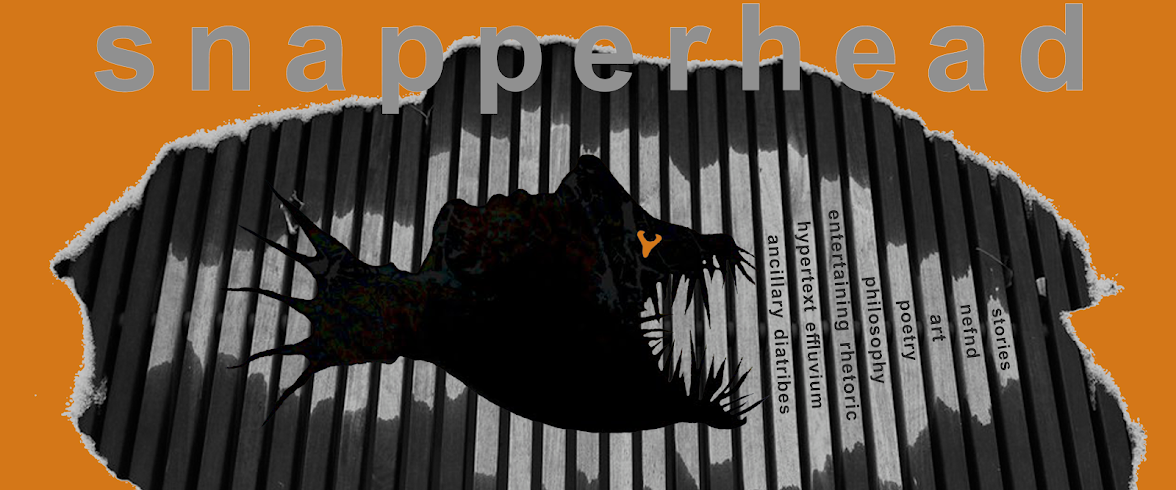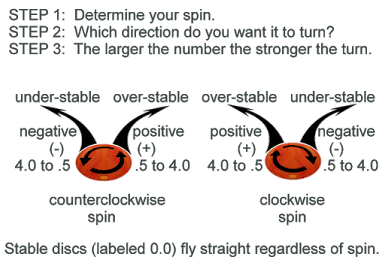The Question Of the Month, seems to be: "Who Flushed?" There are many fingers being pointed. I suspect two groups of individuals hope nobody bothers to look for fingerprints on the flusher handle: House-Flippers and House-Floppers.

You may be a flipper, you probably know one, you certainly watched a TV program (or six) that showed it being done. Amazingly, every show contains a false-stress/fabricated-time-line, constantly-shoddy craftsmanship, and a: "just get it good enough for the TV camera," mentality.
The flipper premise: Buy an old Piece-O-Shite house (Pour). Spend a little to make it attractive to buyers during their brief walk-thru (White-Wash). Sell it for tens of thousands over cost (Rinse). Repeat.
The House-Floppers bought (new, old, recently-flipped, and fixer-upper) homes, with the intention to 'flop' in them for a couple of years and then sell to make a profit. You may be a flopper stuck in a home you wanted to sell, you probably know a few, you certainly live near a dozen foreclosed houses or condos that were previously owned by twelve of 'em.
The flopper premise: Obtain an interest-only loan for a couple years at a low, variable, interest rate on a house that is...maybe-probably...double what you then-knew and now-know you could actually afford. Live in it (and maybe fix it up). Before 24-months lapse (when the loan jumps to its normal interest-plus-principle and the interest rate adjusts to a variable one), sell for more than you paid. Repeat.
The banks were to blame for making this type of loan an option (but I don't believe there were any big-bad loan officers coercing buyers; individual greed was sufficient).
When circumstances made re-selling for profit impossible — for flipper and flopper alike — hundreds of thousands of people were forced to bankrupt their 'Flipper LLC', and/or have their flop foreclosed out from under them. In every case, these homes now belong to banks. And will be re-sold, in the future, for much less than what they previously sold for. This is their 'NEW value'. Since the banks can't sell any of these homes for the previously jacked-up flippers' and floppers' price(s), they will take losses on all those mortgages, which could force them out of business (buying high and selling low is NEVER good business). The government — obviously — can't allow all our banks to fold. Thus, the bail-out.















































